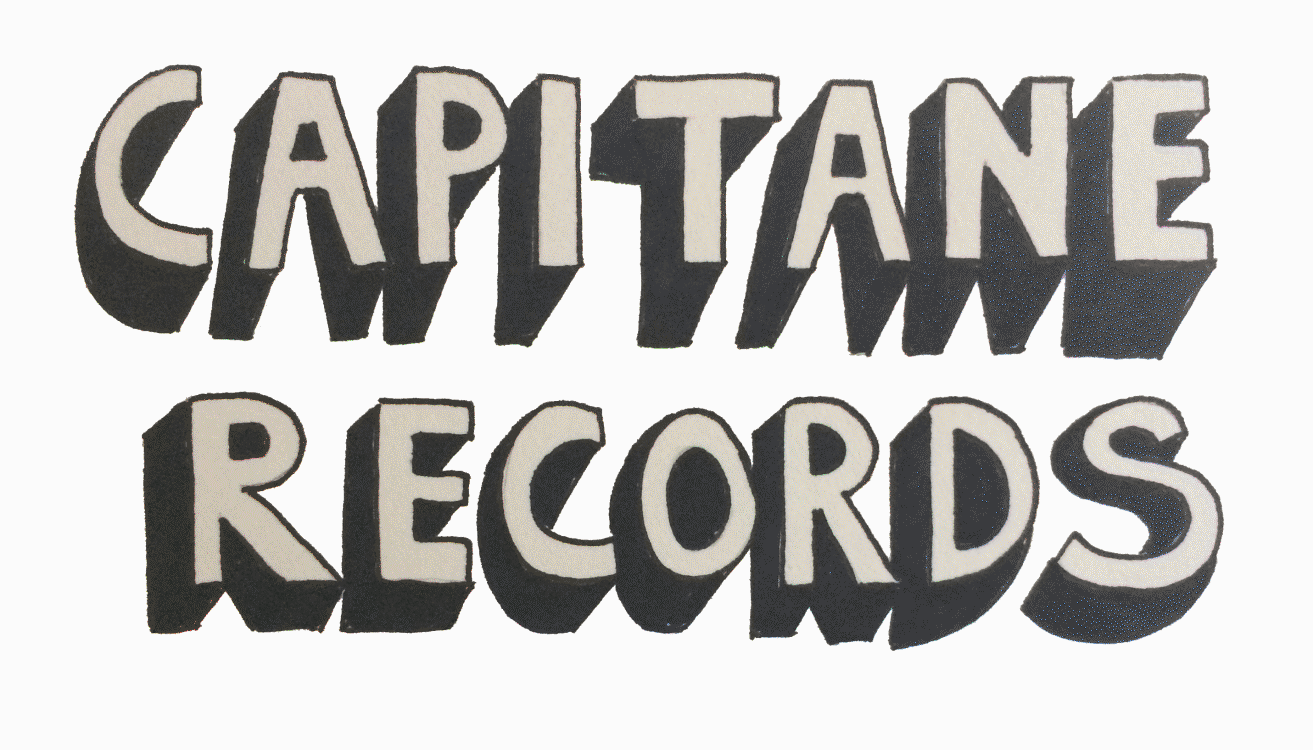artists > MONOLITHE NOIR
artists > MONOLITHE NOIR

Rin means secret in Breton. Rin is a record strewn with Breton idioms: Finvus, Askre, Balafenn, Brik.
Monolithe Noir’s second album Moira (Kowtow Records, 2020) again invited us to chase away some dusty demons, to stir up the past and let some space to repetition, in search of textures and atmospheres. And since each record is a research and also sometimes a way of contradicting what we had at all costs wanted to say before, Rin takes the opposite direction from Moira. By breaking down barriers, focusing on movement, forgiving mistakes and ultimately having fun.
Recorded and mixed between a cellar, two apartments and a family home, this third album is more porous to the environments in which it was conceived.
Rin was made in peace and with the precious contribution of accomplice Yannick Dupont (Yokaï, Jahwar, Ottla) who brought in light and opened up to a more flexible, more lively way to write the music.
Brittany, the desire to rediscover it, was central in the writing process of the record and in the atmospheres that emanate from it. Sunken paths, gnarled trees, chiseled coasts, moor, Brest, lonely villages, peri-urban areas, a nuclear power station in the heart of Monts d´Arrée. Rain, sun, many times in the day. Rin explores many different landscapes without trying to lose the listener in the middle of the forest.
You can walk around, with your nose in the air, take deep breaths, and then, at nightfall, hurry home. A hurdy-gurdy, crafted from scrap materials gleaned from the street, an old harmonium found at the end of a flea market, old tape recorders appear on Rin (alongside synths, bass and drums) and perpetuate the presence of drone by exploring other textures, more acoustic but always a little twisted.
If they have been composed and polished in a form of appeasement, Rin’s tracks remain filled with tension, anger, lightning. We could perhaps hear in the background throughout this album, a voice that seems to speak to another, telling it to be more measured, but the conflict is still there. The voice makes an appearance on Finvus and more discreetly on Brik and Landmaerck. Stealthy, it is not there to invite the instruments around her, it rather blends into them. Jawhar Basti comes to haunt Barra Bouge with a feverish and heady song while Mirabelle Gillis (Miossec, Hakim Hamadouche, François Joncour) slashes her violin with dissonant lines before tearing clouds that have become too oppressive.









